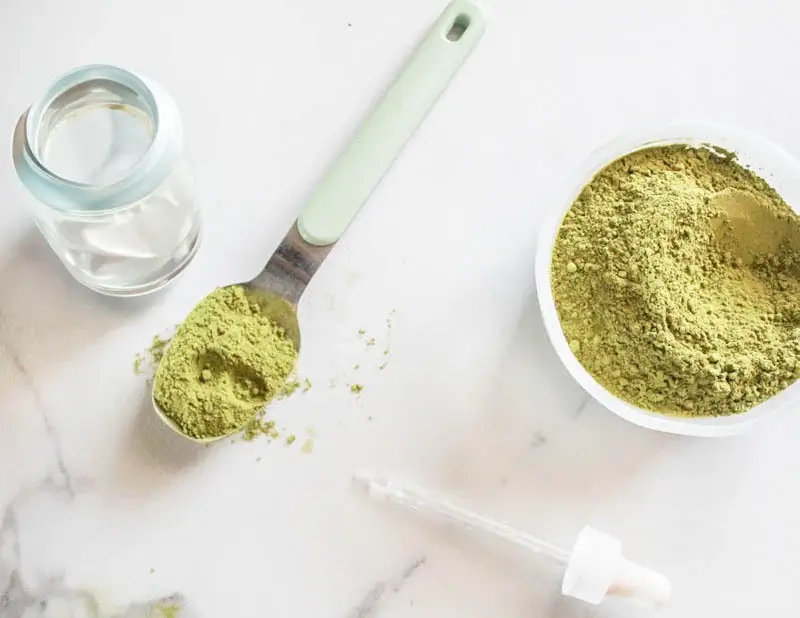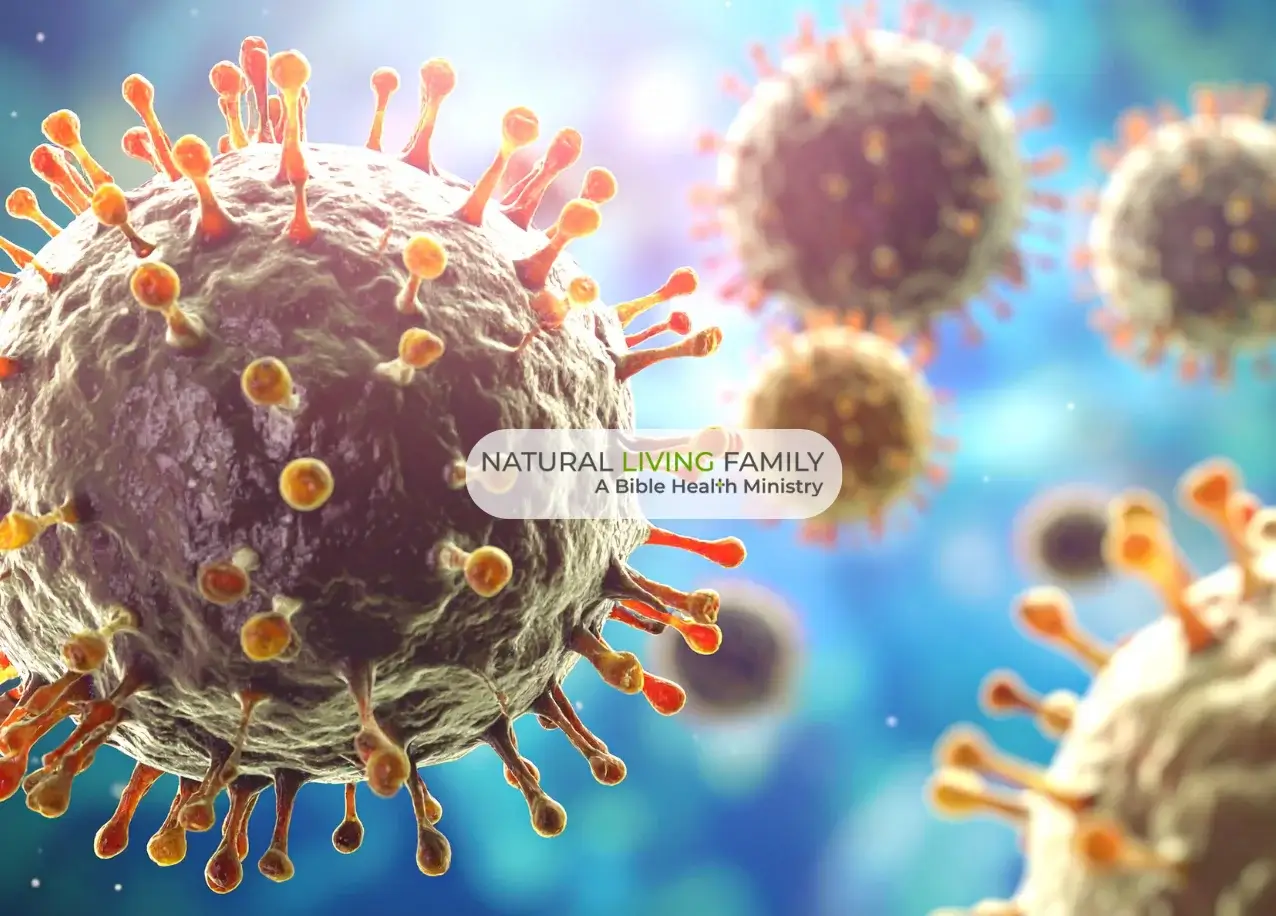If you even remotely pay attention to the natural health community, I’m sure you’ve heard that echinacea benefits your health in a variety of ways – including its healing powers associated with cancer, inflammation, and pain. Not only has the flower garnered a lot of media attention lately, it has turned into quite the industry!
Table of Contents
Echinacea Benefits Equal Big Business!
In fact, “Sales of herbal dietary supplements in the United States increased by 7.9% in 2013, reaching six billion dollars for the first time,” according to the American Botanical Council. (1) This is by far the largest increase since the 1990s and we’ve seen steady growth in herbal sales for the last 10+ years straight.
And echinacea, as you may have guessed, is leading that impressive growth – by a long shot. In fact, echinacea, more commonly known as the purple coneflower, is now a $28 million industry with sales increasing to 94.7 percent in 2013 alone. (2) But this growth is not surprising when you consider the amazing health benefits associated with this flower.
History & Chemical Makeup
Native to North America, echinacea is a coneflower that has been used in natural medicine for more than 400 years. In fact, Native Americans from the Great Plains Indian tribes were known to use the flower for medicinal purposes. Although it’s technically an herb, medicine can be made from echinacea’s roots, flowers, and leaves.
Before the mass introduction of antibiotics during WWII, echinacea benefits were widely enjoyed by the medical community. But the famed herb lost the bulk of its esteem after antibiotics caused a massive shift in the medical world.
Surprisingly, the chemicals found in the root of echinacea differ greatly from those in the upper section of the flower. When the roots are analyzed, we can see elevated concentrations of essential oils. Contrast that with the polysaccharides contained in the parts of the plant that grow above ground, and you can see how the plant has real immune-boosting powers.
In fact, several of echinacea’s chemical constituents are known immune system enhancers and offer great therapeutic value. These include essential oils, vitamin C, insulin, flavonoids, and polysaccharides. (3)
Researchers at the University of Maryland Medical Center found that the above-ground portion of the plant is the most beneficial. The German government has actually approved the above-ground parts of echinacea in treatments for upper respiratory tract infections, urinary tract infections, slow-healing wounds, and colds. (4)
9 Health Benefits
While there are a seemingly endless number of healthy echinacea benefits, these nine strike me as the most beneficial.
1. Boosts Immune Function
An analysis conducted by the University of Connecticut looked at 14 different echinacea studies. The results, which were published in the journal Lancet Infectious Diseases, found the following:
- Consuming Echinacea improves immunity and reduces the chances of catching the common cold by 58 percent.
- Taking Echinacea can cut the duration of a cold by nearly a day and a half.
“The take-home message from our study is that echinacea does indeed have powerful cold prevention and cold treatment benefits,” said Craig Coleman, Assistant Professor of Pharmacy Practice and lead author of the study. “The significance of that finding becomes clear when you consider Americans suffer from one billion colds annually and spend about $1.5 billion annually for doctor visits and another $2 billion annually on non-prescription cough and cold treatments.” (5)
In fact, the immune system is strongly influenced by the dosage of Echinacea, according to the United States Department of Agriculture Natural Resources Conservation Service. Research shows that 10 mg of echinacea for every kilogram of body weight is effective at stimulating the immune system when taken daily over a 10-day period. (6)
Moreover, new research published in the medical journal Hindawi suggests that echinacea can stop viral colds, too. Still, when it comes to the immune system, the best results for using echinacea is how it works on recurring infections. (7) While research proves the flower is an effective cold deterrent, its real power comes once cold symptoms appear. (8)
2. Fights Infection
Echinacea is also a perfect cure for a slew of infections. According to the National Institutes of Health (NIH), taking echinacea and rubbing a medicinal cream on the skin can reduce the rate of reoccurring vaginal infections by 16 percent, as opposed to taking the medicine by itself. It is also known to help with:
- Vaginal yeast infections
- Urinary tract infections
- Typhoid
- Syphilis
- Malaria
- Bloodstream infections
- Genital herpes
- Oral Health
3. Supports Upper Respiratory
Due to its immune boosting and anti-inflammatory powers, echinacea can improve upper respiratory infections: (9)
- Whooping cough
- Tuberculosis
- Strep throat
- Inflammation
- Croup
- Common cold
- Diphtheria
- Acute sinusitis
- All flu
For more acute problems, a much easier route is to take supplements since drinking tea may not be a rigorous enough treatment. Try implementing them in a homemade cough drop recipe if needed too.
4. Boosts Mental Health
When it comes to issues related to ADD and ADHD, Echinacea angustifolia is the suggested species for use. (10) Anyone suffering from ADD/ADHD, adults and children alike, is more likely to experience emotional disturbances, such as:
- Social phobias
- Depression
- Anxiety
But, as always, the key is proper dosage. Recommendations are to take just 20 mg at a time – no more. Shockingly, taking more than 20 mg in one sitting can actually counteract the benefits of anxiety relief. If more support is needed, try essential oils known to help focus.
5. Relieves Pain
The history of echinacea purpurea dates back to a painkiller used by the Great Plains Indians. Specifically, it is effective at treating the following pain conditions as well! (11)
- Toothache
- Tonsillitis
- Stomachaches
- Sore throat
- Snake bites
- Pain from measles
- Pain from gonorrhea
- Pain from herpes (HSV)
- Pain from headaches
- Pain in the bowel
Drinking echinacea in an herbal tea is a common way to use the herb to fight pain. On the other hand, you can make a paste by grinding the herb and rubbing it directly on the affected area.
6. Soothes Inflammation
Inflammation can be deadly and is arguably the leading cause of disease all across the globe. Anything from eating a poor diet – to the poisons in the foods we eat – to not getting enough sleep can contribute to inflammation. But there’s hope. Regular echinacea consumption can slow or even stop various forms of inflammation, according to the University of British Columbia. (12)
Reports from the NIH claim that the flower is effective at treating uveitis, also known as eye inflammation, and anyone suffering from chronic inflammation such as rheumatoid arthritis, should consume echinacea regularly through an herbal tea.
7. Laxative for Constipation
Like a variety of other herbs, echinacea is excellent for stomach and overall gut health. For instance, echinacea is useful as a mild laxative, which acts as a gut-calming agent and ends constipation, according to Medical Herbalism. (13) Drinking herbal tea with echinacea is a great starting point.
When it comes to more chronic issues, drinking tea daily will help loosen your bowels, and two to three cups a day will help resolve sudden attacks. But it is important that you don’t overuse echinacea and follow usage directions closely.
8. Supports Skin issues
When it comes to rashes, eczema, and other minor to moderate skin irritations, echinacea works wonderfully. Dr. Armando González Stuart describes, in the paper on herbal safety (14), the various uses of echinacea on the skin. He says echinacea is good for:
- Healing wounds
- Insect stings
- Skin infections
- Snakebites
- Psoriasis
- Skin inflammation
- Eczema
- Arthropod bites
- Echinacea is also useful for skin rejuvenation.
9. Fights Cancer
Some of the more fascinating research surrounding echinacea has been published on the topic of cancer. A report is the NIH says:
“The medicinal value of phytochemicals contained in Echinacea is clearly evident and indicates that these agents, as well as phytochemicals not yet discovered in other herbs, may be valuable tools to combat tumor.” (15)
In fact, Echinacea is being used to treat cancer patients literally “alongside—or indeed in place of—conventional therapy.”
Potential Side Effects
I have warned numerous times about the dangers of exceeding the recommended doses of echinacea. That is because overuse can lead to nausea and dizziness, specifically affecting those with allergies. Plus, excessive echinacea use is known to cause:
- Nausea
- Vomiting
- Upset stomach
- Diarrhea
- Dizziness
- Headache
- Fever
- Insomnia
- Sore throat
- Joint and muscle pain
- Dry mouth
- Unpleasant taste
- Numbness of the tongue
Echinacea use is OK for pregnant or breastfeeding moms, according to the Mayo Clinic. But, they do make the point that information on this topic is scarce and echinacea should be used with caution. (16)
How to Use Echinacea
There is no formal guide or instruction book on how to use echinacea, however, the NIH says that using echinacea on a daily basis is great for immune support and better health. (17)
It is said that echinacea is better taken once symptoms begin to appear and not proactively. At this point, the herb can be taken several times a day for up to 10 days. Liquid varieties of echinacea have also been seen to be more effective than capsules. (18)
It is also important to ensure that an alcohol-free preparation is used whether the treatment is for you or a child.
Word of Caution Against Imitators
We’ve warned about the importance of buying real essential oils because of the risk of adulteration. Well the same is true of echinacea, unfortunately. The University of Maryland Medical Center reported on the results of a study that examined 11 brands of echinacea. They discovered that just four of the examined brands actually contained what their labels stated.
In fact:
- As many as 10 percent of the products tested contained no echinacea at all.
- Half of the products were mislabeled as to what species of echinacea was used.
- More than 50 percent of the preparations did not contain the labeled amount of ingredients. (19)
Here is the bottom line: make sure that what you are buying is the real deal and not some cheap imitation. To guarantee you get the most echinacea benefits, it is important to purchase from a brand you know and trust.
- http://cms.herbalgram.org/press/2014/2013_Herb_Market_Report.html
- http://www.nutritionaloutlook.com/articles/us-herbal-supplement-sales-growth-reaches-highest-level-1990s
- http://www.ncbi.nlm.nih.gov/pmc/articles/PMC1193558/
- http://umm.edu/health/medical/altmed/herb/echinacea#ixzz3SeBYTZt5
- http://news.uconn.edu/2007/June/rel07056.html
- http://plants.usda.gov/plantguide/pdf/cs_ecpu.pdf
- http://www.hindawi.com/journals/ecam/2012/841315/
- http://www.webmd.com/vitamins-supplements/ingredientmono-981-echinacea.aspx?activeingredientid=981&activeingredientname=echinacea
- https://www.ncbi.nlm.nih.gov/pubmed/10496642
- http://www.webmd.com/vitamins-supplements/ingredientmono-981-echinacea.aspx?activeingredientid=981&activeingredientname=echinacea
- https://www.ncbi.nlm.nih.gov/pmc/articles/PMC2262947/
- http://www.ncbi.nlm.nih.gov/pubmed/19107735
- http://medherb.com/Materia_Medica/Echinacea_-_Effects_on_white_blood_cells.htm
- https://www.utep.edu/herbal-safety/herbal-facts/herbal%20facts%20sheet/echinacea.html
- https://www.ncbi.nlm.nih.gov/pmc/articles/PMC2668539/
- https://www.utep.edu/herbal-safety/herbal-facts/herbal%20facts%20sheet/echinacea.html
- http://www.ncbi.nlm.nih.gov/pmc/articles/PMC1193558/
- http://www.webmd.com/vitamins-and-supplements/lifestyle-guide-11/echinacea
- http://umm.edu/health/medical/altmed/herb/echinacea#ixzz3SeBnWSgd













